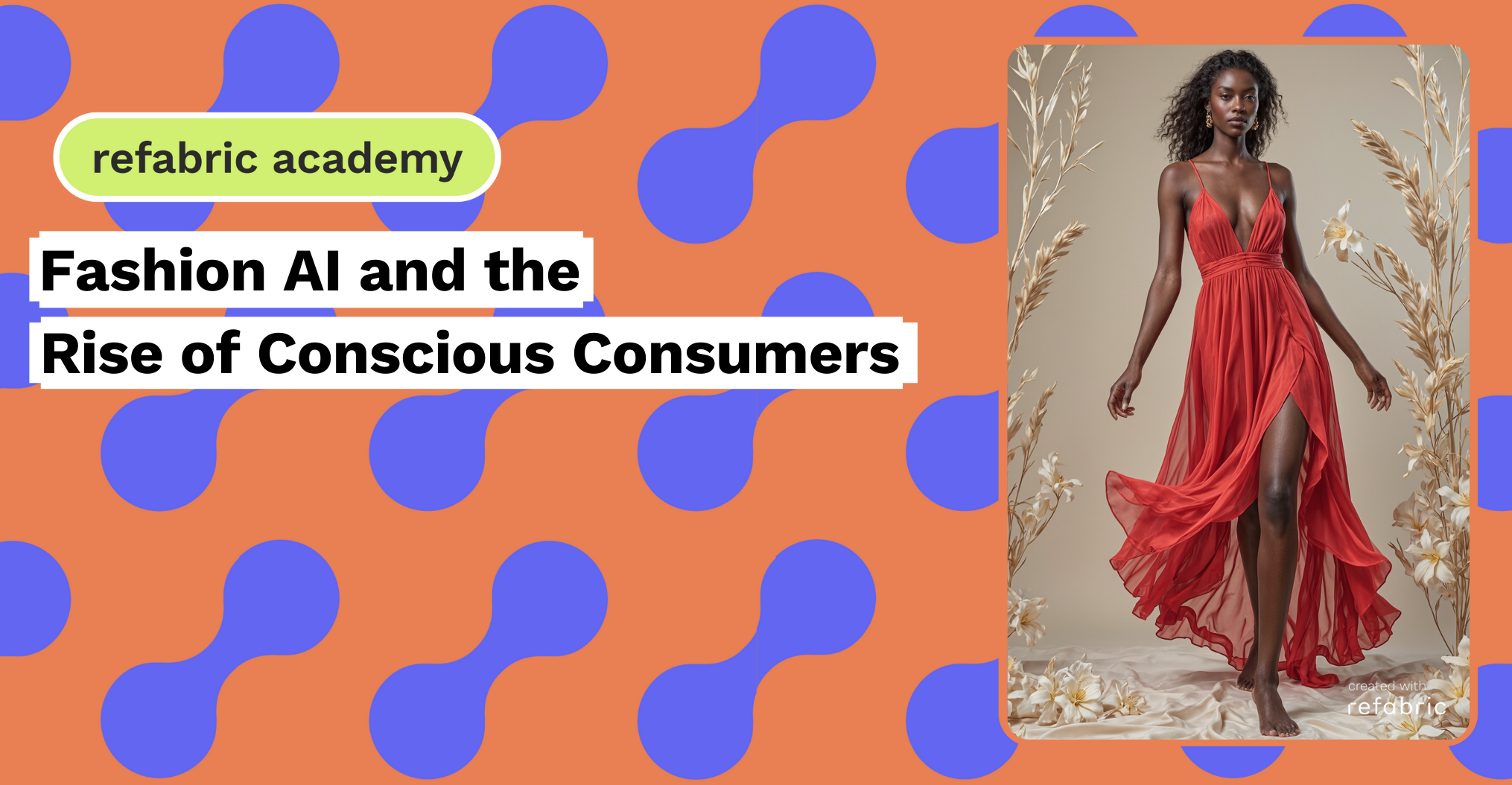Fashion AI is redefining the relationship between brands and consumers by enabling a deeper understanding of what today’s eco-conscious shoppers value most: sustainability, transparency, and ethical practices. As consumer expectations evolve, AI-driven tools are helping the fashion industry align creativity with responsibility, ensuring that conscious choices are no longer a niche but a mainstream demand.
Understanding the Conscious Consumer
The conscious consumer movement has grown rapidly in recent years, fueled by global awareness of climate change, ethical labor issues, and the environmental impact of fast fashion. Today’s shoppers are no longer satisfied with style alone, they want to know the story behind their clothes. Questions about sourcing, production methods, and carbon footprints are influencing purchasing decisions.
Fashion AI plays a vital role in decoding these preferences. By analyzing data from social media conversations, sustainability reports, and consumer behavior, AI can pinpoint exactly what drives eco-conscious decision-making. Brands can use this knowledge to design collections that meet consumer values while also reducing their environmental impact.
Fashion AI and Sustainable Material Choices
One of the most significant ways fashion AI supports conscious consumers is through smarter material sourcing. AI systems can scan databases of fabrics, ranking them by sustainability factors such as water usage, biodegradability, and recyclability. Instead of relying on trial and error, brands can instantly identify eco-friendly materials that align with both design goals and environmental responsibility.
For instance, AI might recommend organic cotton over conventional cotton, or highlight innovations like mushroom leather or recycled polyester. By integrating sustainability into the earliest stages of design, fashion AI ensures that conscious choices aren’t an afterthought but a foundational element of the creative process.
Transparency Through Data-Driven Insights
Transparency is one of the most powerful tools in building trust with conscious consumers. Shoppers want visibility into how their garments are made, and fashion AI helps brands provide that clarity. AI-driven platforms can track materials from origin to final product, offering digital transparency reports accessible to consumers at the point of purchase.
Imagine scanning a QR code on a garment tag and instantly learning where the fabric was sourced, how the piece was manufactured, and what environmental savings were achieved compared to traditional production. This kind of real-time storytelling, powered by AI, turns transparency into a competitive advantage.
Reducing Overproduction and Waste
Overproduction is one of fashion’s biggest environmental problems, with unsold inventory often ending up in landfills or incinerated. Fashion AI addresses this issue by predicting demand with remarkable accuracy. By analyzing historical sales data, real-time market signals, and even cultural events, AI helps brands produce only what will sell.
This demand-driven approach minimizes excess stock and reduces the waste associated with unsold garments. For conscious consumers, it means knowing that the brand they support is actively reducing its environmental footprint. For brands, it means higher efficiency and stronger customer loyalty.
Personalization for Conscious Choices
Fashion AI also enables personalization, which appeals strongly to eco-conscious shoppers. By analyzing individual browsing and purchasing histories, AI can recommend products that not only match style preferences but also align with sustainability values. For example, a customer who consistently chooses recycled fabrics might be shown new collections featuring innovative eco-materials.
This kind of personalization empowers conscious consumers to make informed decisions without sacrificing convenience or aesthetics. It also fosters stronger emotional connections between brands and their customers, as shoppers feel seen and understood.
The Future of Fashion AI and Conscious Consumerism
As fashion AI becomes more advanced, its role in shaping conscious consumerism will only grow. Future innovations may include AI-driven tools that measure the carbon footprint of individual purchases, predictive models that anticipate shifts in sustainability trends, and AI-assisted collaborations between brands and consumers to co-create eco-conscious designs.
For brands, embracing fashion AI is no longer optional, it is essential to staying relevant in an era where consumers expect responsibility alongside creativity. For shoppers, it ensures that every purchase has the potential to support a more ethical and sustainable fashion ecosystem.
Fashion AI and the rise of conscious consumers are two forces converging to redefine the industry. By leveraging AI to understand consumer values, source sustainable materials, provide transparency, reduce waste, and personalize experiences, brands can meet the growing demand for eco-friendly fashion without compromising on style or speed.
The message is clear: fashion AI is not just about innovation in design, it’s about building a future where creativity and consciousness walk hand in hand, and where every garment tells a story of both beauty and responsibility.
